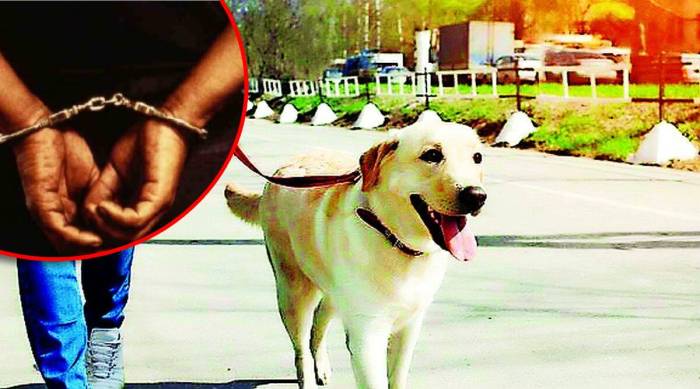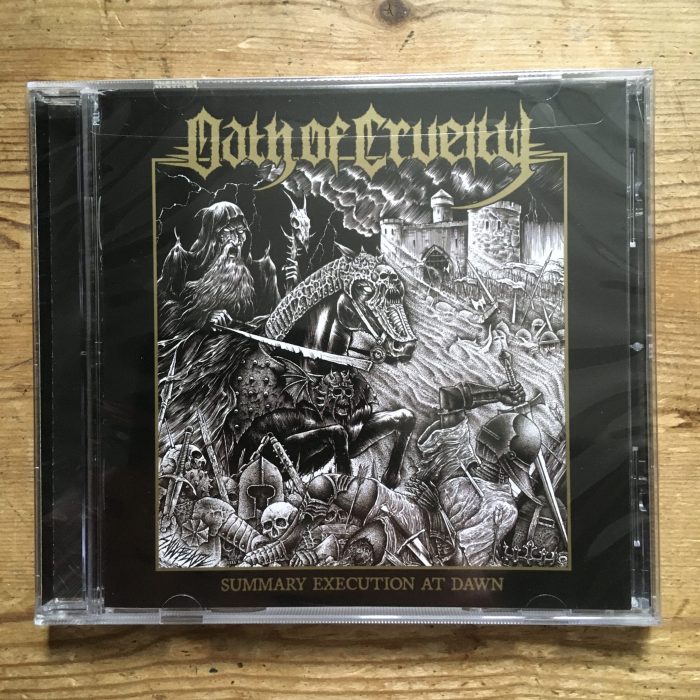Fierce and unnatural cruelty summary – The concept of “fierce and unnatural cruelty” has haunted human history, leaving an enduring legacy of violence and suffering. This term, encompassing both extreme physical and psychological harm, has been used to describe acts that defy societal norms and moral boundaries.
Throughout history, fierce and unnatural cruelty has manifested in various forms, from the brutality of ancient warfare to the horrors of modern-day conflicts. Cultural factors, social norms, and psychological motivations have all played a role in shaping and justifying such acts.
Defining “Fierce and Unnatural Cruelty”: Fierce And Unnatural Cruelty Summary

The term “fierce and unnatural cruelty” encompasses acts of extreme violence that exhibit both a savage and inhumane nature. “Fierce cruelty” refers to the severity and intensity of the violence, while “unnatural cruelty” suggests a deviation from societal norms and a disregard for human decency.
Examples of such acts include torture, mutilation, rape, and murder committed with exceptional brutality and a lack of empathy for the victim’s suffering.
Historical and Cultural Context
Throughout history, instances of “fierce and unnatural cruelty” have occurred across different cultures and time periods.
Ancient Civilizations
- Roman gladiatorial contests involved forced combat and public executions.
- Inca sacrifices included the ritualistic killing of children and the extraction of their hearts.
Medieval Europe
- The Spanish Inquisition employed torture and burning at the stake to suppress heresy.
- Witch trials resulted in the persecution and execution of thousands of innocent individuals.
Modern Era
- The Holocaust, Nazi Germany’s systematic genocide of millions of Jews, exemplifies the depths of human cruelty.
- The Khmer Rouge regime in Cambodia perpetrated mass killings and torture during the Cambodian genocide.
Psychological and Emotional Impact

Witnessing or experiencing “fierce and unnatural cruelty” can have profound psychological and emotional consequences for both victims and perpetrators.
Victims, Fierce and unnatural cruelty summary
- Post-traumatic stress disorder (PTSD), anxiety, and depression.
- Physical injuries, disabilities, and chronic pain.
- Loss of trust, self-esteem, and a sense of safety.
Perpetrators
- Desensitization to violence and a lack of empathy.
- Guilt, shame, and a distorted sense of self-worth.
- Increased risk of substance abuse and mental health disorders.
Legal and Ethical Implications

“Fierce and unnatural cruelty” is often defined and punished under the law as aggravated assault, murder, or torture.
Legal Definitions
- In the United States, aggravated assault includes causing serious bodily injury with a deadly weapon or with intent to cause serious bodily injury.
- Murder involves the unlawful killing of another human being with malice aforethought.
- Torture is defined as intentionally inflicting severe physical or mental pain or suffering for various purposes, such as obtaining information or punishment.
Ethical Debates
- The use of cruel and unusual punishment raises ethical concerns about the limits of state power and the protection of human dignity.
- International law and human rights organizations play a crucial role in addressing and condemning acts of “fierce and unnatural cruelty.”
Prevention and Intervention

Preventing and intervening in situations that could lead to “fierce and unnatural cruelty” requires a multifaceted approach.
Risk Factors
- Exposure to violence in childhood.
- Mental health issues, such as antisocial personality disorder.
- Substance abuse and addiction.
Intervention Strategies
- Education and awareness programs to promote empathy and respect for human life.
- Community support systems and resources for individuals at risk.
- Mental health services to address underlying issues that may contribute to violence.
Popular Questions
What are the key characteristics of fierce and unnatural cruelty?
Fierce and unnatural cruelty involves extreme violence and harm that goes beyond the bounds of socially acceptable behavior. It is often characterized by a lack of empathy, sadism, and a disregard for human life.
How has societal attitudes towards cruelty evolved over time?
Societal attitudes towards cruelty have shifted significantly over time. In the past, violence was often seen as a legitimate means of punishment and control. However, in modern societies, there is a growing recognition of the devastating consequences of cruelty and a greater emphasis on compassion and empathy.
What are the psychological effects of witnessing or experiencing fierce and unnatural cruelty?
Witnessing or experiencing fierce and unnatural cruelty can have profound psychological effects. Victims may suffer from trauma, depression, anxiety, and post-traumatic stress disorder. Perpetrators may also experience psychological harm, including desensitization to violence and a diminished capacity for empathy.